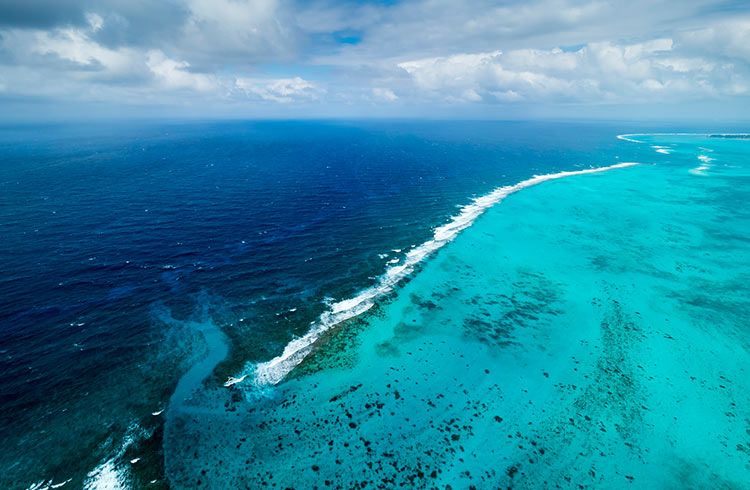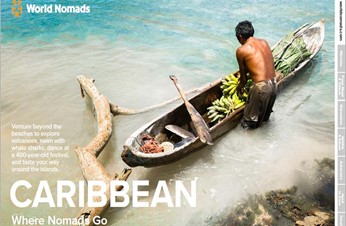Caribbean Latest Travel Alerts and Warnings
Can you travel to the Caribbean right now? How are COVID-19 restrictions affecting visitors, read the latest travel alerts.
 Photo © Getty Images/Westend61
Photo © Getty Images/Westend61
Which borders are open for travel in the Caribbean?
COVID-19 travel restrictions may impact your trip to the Caribbean. Each island has it's own unique set of requirements for travelers, including quarantine rules, testing prior to departure and testing upon arrival. As the situation changes, we are doing our best to update each individual travel alert.
Traveling to the Caribbean soon? Get a travel insurance quote.
7.7 magnitude earthquake in the Caribbean Islands – 28 January, 2020
On Tuesday, 28 January 2020, a 7.7 magnitude earthquake struck southwest of Niquero in Cuba and northwest of Montego Bay in Jamaica at around 2.10pm (local time).
The quake had a shallow depth of 6mi (10km). Tremors were felt in Cuba's eastern city of Santiago, in the Cayman Islands, far western Jamaica, and as far away as Miami in Florida. However, there are no initial reports of major damage or injuries.
Shortly after the earthquake struck the Caribbean, the Pacific Tsunami Warning Center warned of the potential for hazardous tsunami waves as high as 3ft (1m) along the coasts of Belize, Cuba, Honduras, Mexico, Jamaica, and the Cayman Islands.
A tsunami wave of 0.4 of a foot (0.11 of a meter) was officially observed at George Town in the Cayman Islands. Tsunami waves were not observed in Jamaica or the Dominican Republic, and the tsunami danger passed by 4pm local time on Tuesday.
If you are currently traveling around the Caribbean, here are a few tips on what to do if a tsunami warning is issued and how to stay safe in the event of an earthquake.
Contact your airline or travel provider if you are concerned about delays or changes to transport and your itinerary.
Listen to The World Nomads Podcast: The Caribbean
Related articles
Simple and flexible travel insurance
You can buy at home or while traveling, and claim online from anywhere in the world. With 150+ adventure activities covered and 24/7 emergency assistance.
Get a quote

No Comments